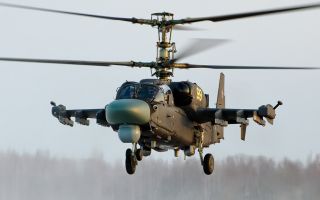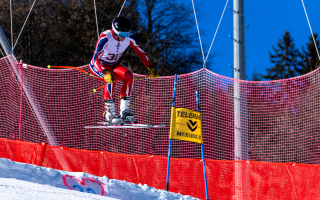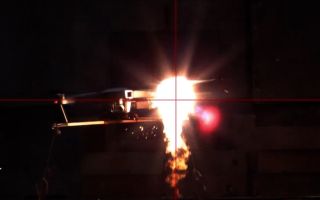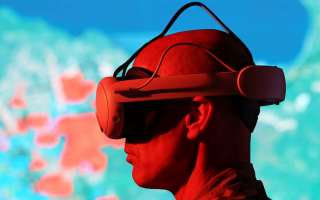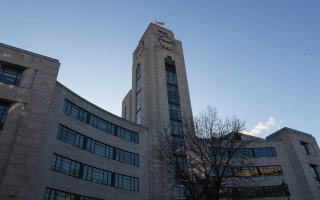Mobile Army Field Dentistry Set Up In Response To COVID's Impact On Oral Health
Royal Army Dental Corps personnel have deployed mobile teams to combat falling levels of oral health among troops following the COVID-19 pandemic.
With access to routine dentistry reduced, the Army's dental fitness has dropped by about 50%, leaving some personnel at risk of developing problems.
The Royal Army Dental Corps personnel have been working in a mobile tent facility which has been taken around bases, treating service members – some of who are about to be deployed abroad.
The facility is currently set up at the Royal Military Academy Sandhurst (RMAS) in Berkshire.
It takes a week to fully set up and its personnel are able to carry out a full range of dental treatments.
Captain Katy Trinick, from the Royal Army Dental Corps, told Forces News: "I think it's been crucial that we've got out, used this deployed kit, improved their dental fitness, so that when they deploy they're less likely to have any niggles from their teeth and can focus on the job in hand.
"We have had some backlog with COVID. There has been a reduction in the amount of dentistry that we've been able to do this year with the restrictions.
"There have been some quite long waiting lists... so we knew to expect to be busy and the uptake has been great."
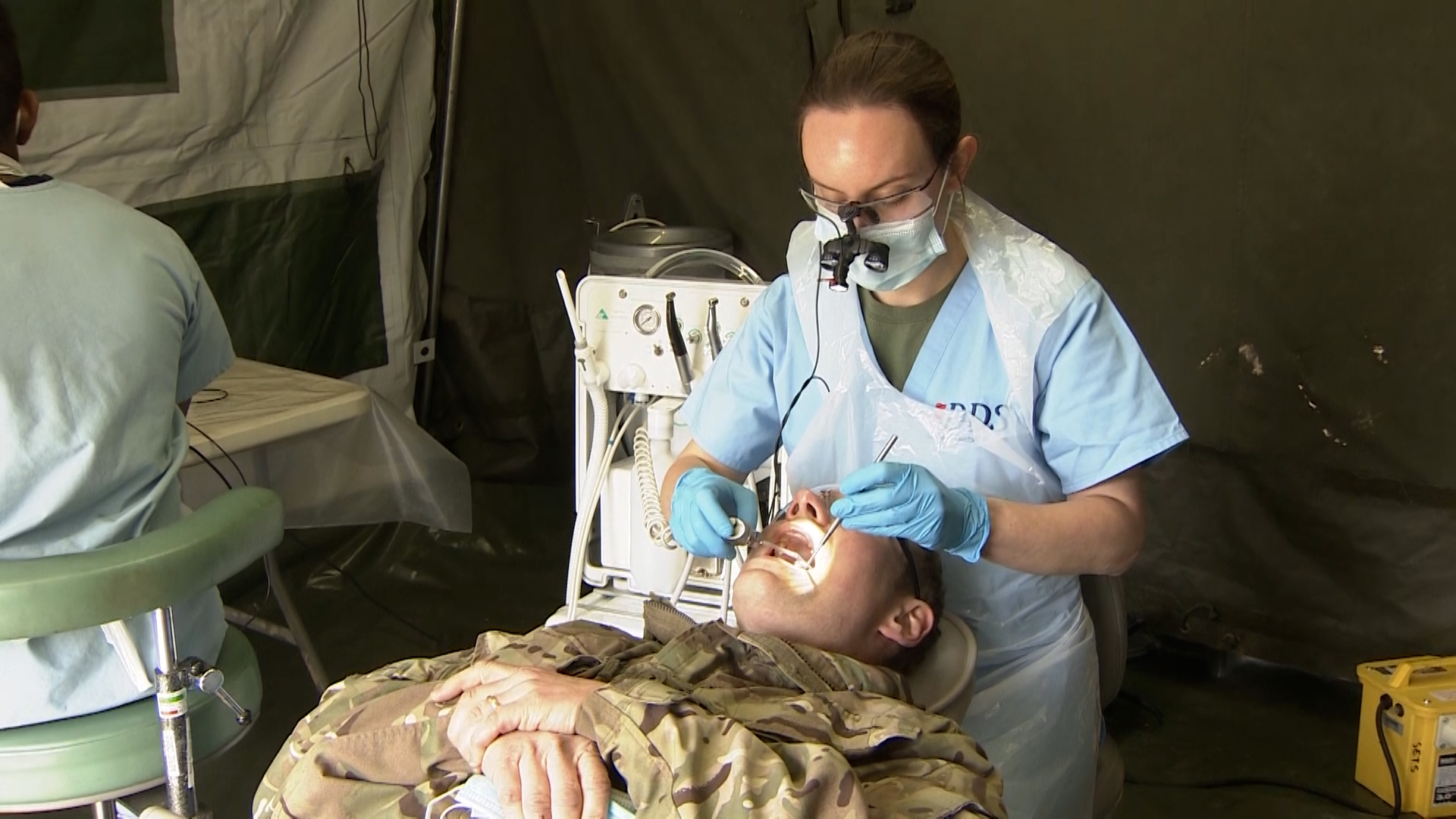
It is the first time the dental corps has worked in a 'field' facility since being in Iraq and Afghanistan.
The experience has proved vital for the corps, says Chief Dental Officer Colonel Tim Davies: "I think this is an immense step forward for forces dentistry.
"It proves the agility and flexibility of my personnel in the corps, but also the fact that we are an occupational service prepared to step out and do something a bit different in order to provide the care for our forces."
This year marks the centenary year for the Royal Army Dental Corps and it's been "a hundred years of progress in terms of Army dentistry and Army dental health", according to Colonel Quentin Anderson, Colonel Commandant.
"What we've been able to do over the last 100 years is bring military dentistry up to date," he said.
"Before the corps was formed it was, at best, ad hoc, and before then, non-existent."

